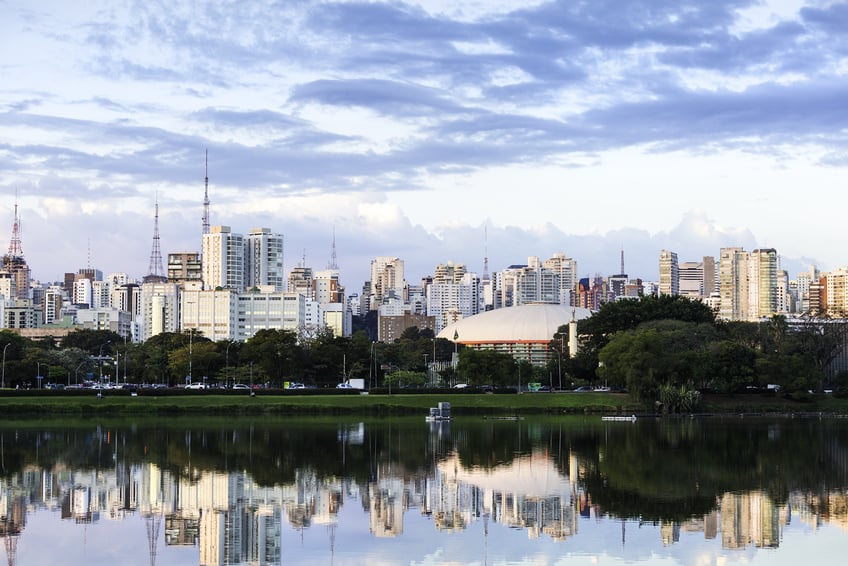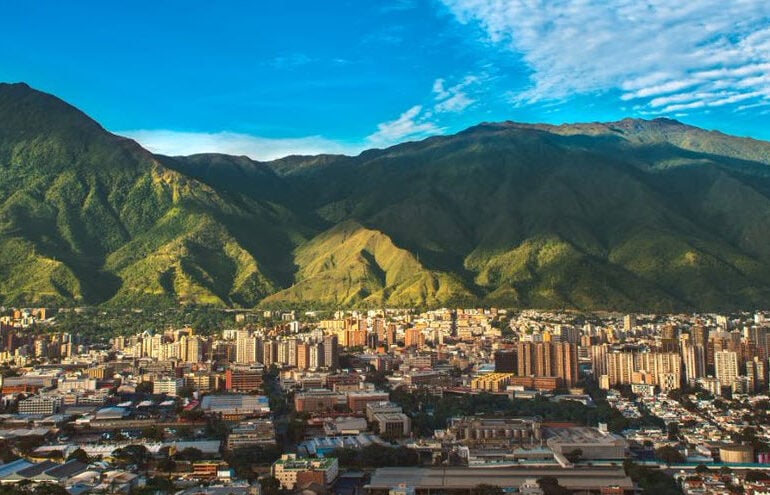On 28 March, the Brazilian Secretariat of Foreign Trade, through Ordinance No. 10 dated 27 March 2023, opened a sunset review concerning the antidumping duty in force on Brazilian imports of metallic magnesium from Russia. At the end of the review, the current antidumping duty may have its term extended for another five years.
The United States-Mexico-Canada Agreement went into force on 1 July 2020, replacing the North America Free Trade Agreement to support mutually beneficial trade between the parties. In this video, Baker McKenzie lawyers from each country share their reflections and the insights they’ve gained during the almost three years since the USMCA took effect.
With Resolution No. 263/2023, published on 17 March in the Official Gazette, the National Communications Entity (Ente Nacional de Comunicaciones (ENACOM)) approved a new Regulation for the Collection of Personal Data and Identity Validation of Users of Mobile Services that Hold a Mobile Number.
On 31 March 2023, the Federal Administration of Public Revenues and the Secretariat of Commerce issued Joint Resolution No. 5342/2023 through which they incorporated certain amendments to Joint General Resolution No. 5271/2022 related to the SIRASE affidavit.
On 16 March 2023, the General Confederation of Labor representing the workers, and the Argentine Industrial Union representing the employers, in the presence of the Federal Ministers of Labor and of Women, Gender and Diversity, signed an agreement to extend certain obligations and modify certain aspects of Decree 144/22.
The Argentine Central Bank issued Communication ‘A’ 7724, which updated the technology and information security risk standards to strengthen the cyber resilience of financial institutions. The Communication will become effective on 6 September 2023.
On 17 February 2023, and pursuant to its obligations under the United States-Mexico-Canada Agreement (USMCA), Mexico’s Ministry of Economy published in the Federal Official Gazette the much-anticipated Administrative regulation that sets forth the goods which importation is subject to regulation by the Ministry of Labor and Social Welfare (Forced Labor Regulation), which prohibits the importation of goods produced with forced labor. Once Mexico’s Forced Labor Regulation becomes effective on 18 May 2023, all three members of the USMCA trade block, Mexico, Canada, and the United States, will have prohibitions and restrictions on the importation of goods made with forced labor.
The Ministry of Economy, Finance and Foreign Trade issued Resolution No. 001-20231 whereby it adds 64 tariff codes to Appendix I of the Decree No. 4,757 of 29 December 2022, establishing exemptions from the payment of value-added tax and import charges on imports of several goods.
The Mexico Ministry of Labor and Social Welfare has announced that it will carry out an estimated 42,000 inspections in 2023. The inspections carry the possibility of significant fines and penalties issued on per employee/ per violation. It is imperative for employers to train personnel and response teams on best practices for managing potential inspections and mitigating risk, including maintaining all necessary information and documents that must be supplied during an inspection.
In this Quick Chat video our Labor & Employment lawyers along with the Managing Partner for Baker McKenzie’s Mexico offices discuss the inspection program and provide tips to help employers prepare.
Welcome to this Podcast called Legal myths and realities about family businesses. This space was created with the purpose of conducting a series of interviews dedicated to the main problems of Venezuelan Family Businesses, debunking myths and discussing their main legal problems in a globalized and increasingly sophisticated world. These conversations will be led by Jesús A. Villegas-Ruiz, Senior Associate of the Corporate and Compliance practice of Baker McKenzie Caracas. In the first chapter of this series of interviews, Jesús talks to Raúl Angulo, General Manager of TEALCA, C.A., about the problems of good corporate governance in decision-making in family businesses.


![North America: Forced Labor Developments in Mexico, Canada and the United States [Webinar]](https://www.globalcompliancenews.com/wp-content/uploads/sites/43/2023/03/trade-1-770x515.jpg)
